CDP-Choline
CDP-Choline is most often used for
Last Updated:February 8, 2023
CDP-choline is a nootropic compound that is essentially a prodrug for both choline and uridine, conferring both of those molecules to the body following oral ingestion of CDP-Choline. Specifically, the CDP-choline dissociates into choline and cytidine, with the cytidine then converting into uridine. CDP-choline is one of the three choline-containing phospholipids that can be orally supplemented (the other two being Alpha-GPC and phosphatidylcholine).
This supplement is catered towards preventing or treating memory impairments associated with aging due to the fact that both of the molecules it confers are neuroprotective and potentially enhance learning. While it appears to be more effective than phosphatidylcholine (PC) at this role, in part due to also increasing PC synthesis in the brain, its potency is somewhat comparable to that of Alpha-GPC.
CDP-choline has some other potential uses in relation to cognition. It is commonly used as a memory enhancer in youth, but despite some rodent studies suggesting that this is possible with oral CDP-choline, there are no human studies in youth at this point in time. One study has noted an increase in attention with low dose CDP-choline (which needs to be replicated), and CDP-choline may have roles as an anti-addictive compound against both cocaine and (preliminary evidence suggests) food as well.
Standard dosing of CDP-choline is to take 500-2,000 mg in two divided doses (of 250-1,000 mg) usually separated by 8-12 hours, although a single daily dose is also sometimes used. A single dose of 4,000 mg does not appear to affect the blood any differently than 2,000 mg, and so it is not necessary to take such a high dose.
There are some properties, such as attention-promotion or improving bioenergetics, that seem to respond exclusively or more strongly to the lower dosage range. Other properties like appetite are the opposite, and thus the ideal dosage depends somewhat on the goal.
🚧 Under Renovation 🚧
The information in this section is slated for renovation — it will soon be transformed into a more usable (and readable!) form in the coming months. As such, the text in this section may be out of date and not up to Examine’s current standards for writing style.








